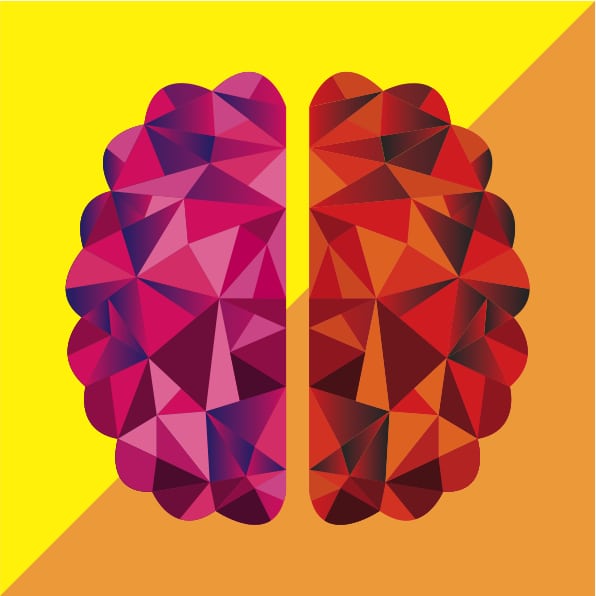Firstly, meningitis is a general term that describes brain swelling and inflammation of the membranes surrounding the brain and spinal cord. However, there are many different types of meningitis. Bacterial and viral meningitis are the most common of these infections. Meanwhile, less common types include fungal, parasitic, and some caused by certain cancers, drugs, and brain injury.
Moreover, babies and individuals with compromised immune systems are at a higher risk of illness.
Bacterial vs. Viral
Bacterial Meningitis
Firstly, bacterial meningitis can spread quickly and be potentially deadly. Bacterial strains are usually spread by the exchange of saliva. For example, close contact spreads infection, so it’s important to maintain and teach good hygiene. Above all, it is important to maintain good hygiene around other sick people.
Most people will recover from bacterial meningitis completely. However, the CDC warns that this infection can cause permanent disabilities. For example, some kids with bacterial meningitis develop hearing loss, learning disabilities, or brain damage. Most importantly, if you suspect that your child has meningitis, contact your healthcare provider.
Signs/Symptoms
- Fever
- Headache
- Stiff neck
- Irritability
- Nausea/Vomiting
- Loss of appetite
- Sensitivity to light
- Confusion/Slowness
Symptoms usually develop within 3 to 7 days. Symptoms can often be difficult to notice in babies, so look for irritability, feeding issues, and vomiting. Some babies may have a bulging fontanelle (soft spot) on their head or abnormal reflexes.
Diagnosis and Treatment
It can be diagnosed by a blood sample or, if necessary, by cerebrospinal fluid test by a healthcare provider. Because it’s bacterial, it can be treated with antibiotics.
Viral Meningitis
Secondly, this is the most common kind of meningitis. Viral meningitis is serious but is often less severe than bacterial cases. Most people with normal immune systems will get better on their own (without treatment) in 7 to 10 days. However, remember that antibiotics only treat bacteria, so they will not work for viral infections. And there are currently vaccines available to prevent some viral meningitis.
Causes of viral meningitis include non-polio enterovirus, mumps, herpes (including chickenpox and shingles), measles, influenza, and arbovirus (West Nile virus).
Signs/Symptoms
- Fever
- Irritability
- Lack of appetite
- Trouble waking up from sleep
- Lack of energy
Diagnosis and Treatment
Your healthcare practitioner can use a blood test, cerebrospinal fluid test, or swab mucous membrane (i.e. mouth) to diagnose an infection. You cannot treat viral infections with antibiotics. However, most symptoms will go away within 7 to 10 days and there is no specific treatment.
Prevention
- Teach your kids to wash their hands frequently
- No close contact with people who are sick (sharing cups/utensils, touching, hugging, kissing)
- Cover coughing and sneezing with a tissue or shirtsleeve, not your hands
- Clean frequently touched surfaces (doorknobs, fridge door, taps, light switches, etc.)
- Boost immunity
- Keep kids home when they are sick
In conclusion, for questions or comments, respond to this blog or contact us.





